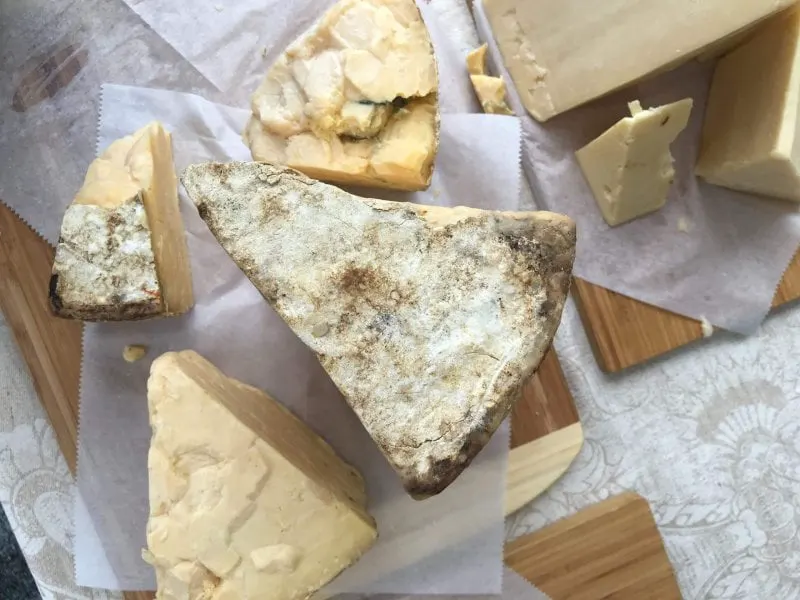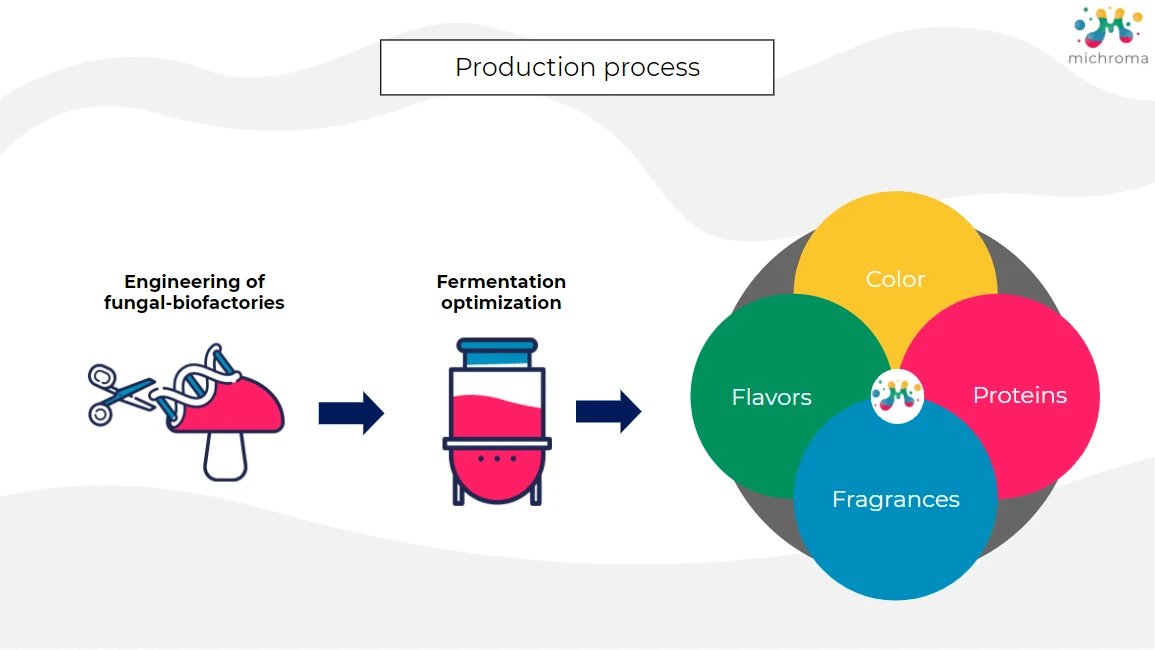Fermentation and sustainability: Synthetic biology poised to bring us dairy-free milk and cheese that taste like the real thing
Fermentation and sustainability: Synthetic biology poised to bring us dairy-free milk and cheese that taste like the real thing


Fermentation is a type of biotechnology that uses microorganisms to create a chemical change that can produce food additives and animal feed.
Fermentation can offer a number of benefits for food producers—including sustainability, health and product performance.
Talking about how fermentation delivers on these, [FoodBytes!’s Lindsay McCorkle said,] “Most of these processes require even less resource use than plant-based options—they don’t require extensive use of farmland or water, and energy use is relatively low.”
…
Product functionality may also significantly improve thanks to fermentation. Alternative milk, for example, is tipped as having an identical mouthfeel to a dairy product without added emulsifiers. Fermented cheese is also garnering appeal, as it can melt and move in the same way as a dairy version does.
Fermentation technology has the potential to create a variety of components. McCorkle detailed that the long list includes whole products like chicken breast imitation by air-based meat innovator AirProtein and alternative cheese producer Superbrewed Food, “but also important ingredients like fats, flavours and food colourings”.

Advancements in synthetic biology (synbio) technology like CRISPR (clustered regularly interspaced short palindromic repeat) are contributing to the world’s findings into new fungal species and helping them to develop novel industrial strains.
Read the original post

 | Videos | More... |

Video: Nuclear energy will destroy us? Global warming is an existential threat? Chemicals are massacring bees? Donate to the Green Industrial Complex!
 | Bees & Pollinators | More... |

GLP podcast: Science journalism is a mess. Here’s how to fix it

Mosquito massacre: Can we safely tackle malaria with a CRISPR gene drive?

Are we facing an ‘Insect Apocalypse’ caused by ‘intensive, industrial’ farming and agricultural chemicals? The media say yes; Science says ‘no’
 | Infographics | More... |

Infographic: Global regulatory and health research agencies on whether glyphosate causes cancer
 | GMO FAQs | More... |

Why is there controversy over GMO foods but not GMO drugs?

How are GMOs labeled around the world?

How does genetic engineering differ from conventional breeding?
 | GLP Profiles | More... |

Alex Jones: Right-wing conspiracy theorist stokes fear of GMOs, pesticides to sell ‘health supplements’




 Trust issues: What happens when therapists use ChatGPT?
Trust issues: What happens when therapists use ChatGPT? Fighting deforestation with CO2: Biotechnology breakthrough creates sustainable palm oil alternative for cosmetics
Fighting deforestation with CO2: Biotechnology breakthrough creates sustainable palm oil alternative for cosmetics Viewpoint: Video — Big Solar is gobbling up productive agricultural land and hurting farmers yet providing little energy or sustainabilty gains
Viewpoint: Video — Big Solar is gobbling up productive agricultural land and hurting farmers yet providing little energy or sustainabilty gains California, Washington, Oregon forge immunization alliance to safeguard vaccine access against federal undermining
California, Washington, Oregon forge immunization alliance to safeguard vaccine access against federal undermining Viewpoint — Fact checking MAHA mythmakers: How wellness influencers and RFK, Jr. undermine American science and health
Viewpoint — Fact checking MAHA mythmakers: How wellness influencers and RFK, Jr. undermine American science and health 30-year-old tomato line shows genetic resistance to devastating virus
30-year-old tomato line shows genetic resistance to devastating virus The free-range chicken dilemma: Better for birds, but with substantial costs
The free-range chicken dilemma: Better for birds, but with substantial costs ‘You have to treat the brain first’: Rethinking chronic pain with Sanjay Gupta
‘You have to treat the brain first’: Rethinking chronic pain with Sanjay Gupta
